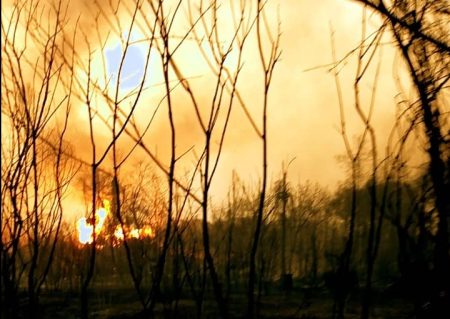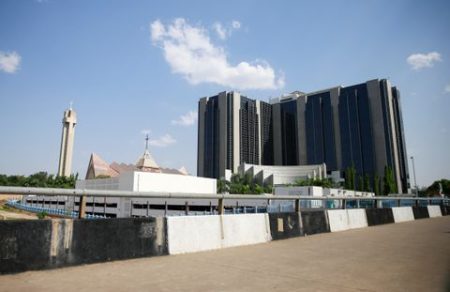
Oscarline Onwuemenyi
19 September 2017, Sweetcrude, Abuja – Nigeria has announced that it upgraded its power quality to the standard required by sub-regional group, West African Power Pool (WAPP).
The Acting Managing Director/Chief Executive of Transmission Company of Nigeria (TCN), Alhaji Usman Gur Mohammed, who disclosed this in a chat with journalists, said the country has worked hard to achieve that feat.
According to him, before now the power that comes from Nigeria was not allowed to mix with power that comes to the West African power pool from other countries such as Ghana and Benin Republic because the frequency doesn’t meet the standard required.
Currently, the Pool has agreed to synchronise Nigeria’s supply with supplies from other member countries that belong to the Pool because the frequency of power supply from Nigeria is at the same level as supplies from other countries.
He said supply of power to the Pool earns substantial foreign exchange for the Nigeria. Therefore, with improvement in the quality (frequency) of supply from Nigeria, which makes a good buy by any country in the pool, the forex inflow from that stream of income will also improve significantly.
Mohammed also spoke on his achievement since he came on board as the helmsman of TCN. He said: “I came in February and from that time to date, we have worked very hard. As at May 22, we have achieved frequency control that has not been achieved in the last 20 years.
“Our frequency is at the same level as the frequency you get in Ghana and other West African countries and that is why the West African Power Pool (WAPP) has asked TCN to nominate some engineers to work with WAPP engineers to synchronise the supply of Nigeria and other West African countries.”
According to the TCN boss, “This has never happened. All the supplies that leave Nigeria to Benin Republic and Togo were not allowed to mix with supplies from Ghana and other West African countries.
“But because of the efforts we have put in place in the last few months, we have been able to stabilise the frequency such that WAPP has agreed that we should synchronise our supply and the demand for Nigeria’s power has increased in other West African countries.
“The stability of Nigeria’s power has improved to the extent that the second Ikeja Secretariat transmission line study was launched on September 12. This is to underscore the kind of demand for Nigerian power that is taking place.”
He added that, “The Governments of Togo and Benin have requested Nigeria to build a medium backbone that will move power from Kainji to Baragu, to Northern Togo and Northern Ghana, which will meet with another transmission line being built by the Government of Ghana to Northern Ghana and to Burkina Faso.
“This is to tell you the kind of work that we have done. We have changed the way we have been doing business. We have empowered the regional offices. Most of our projects are being implemented at the regional offices now.”



